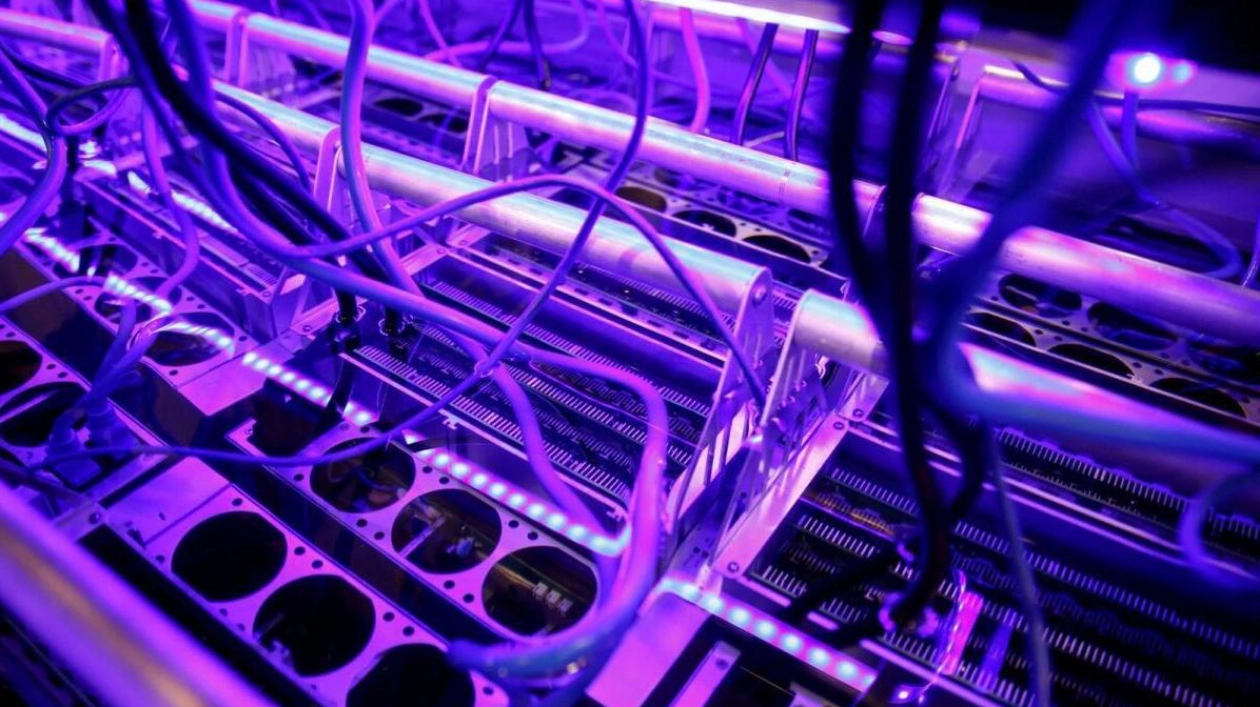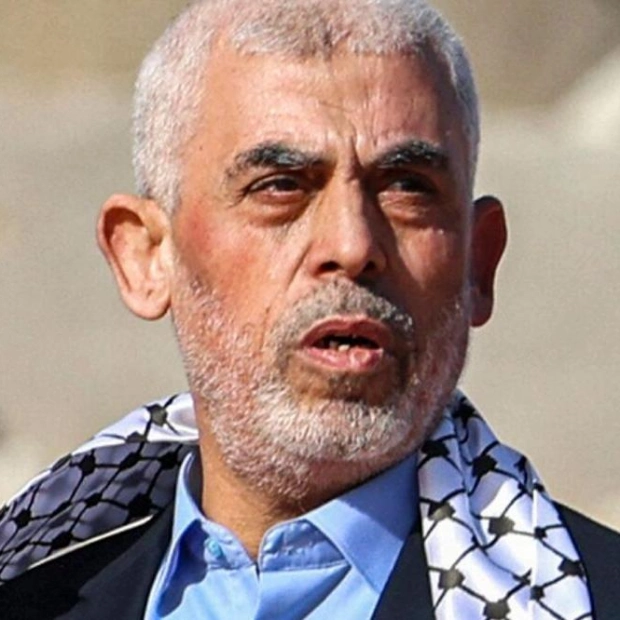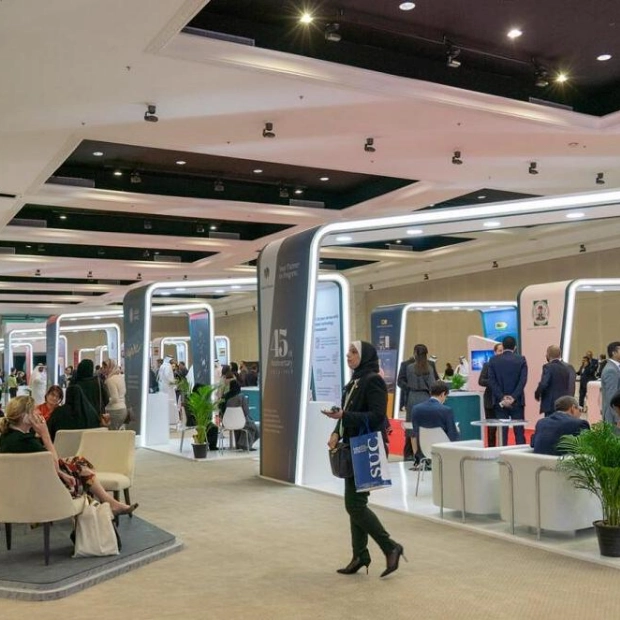Photo by Reuters used for illustrative purposes
Bitcoin miners in the UAE could significantly reduce electricity costs by balancing demand during off-peak hours and winter months, according to an expert. This approach would enhance the efficiency of power generation systems, ultimately lowering electricity prices for consumers.
Jaran Mellerud, co-founder of Hashlabs Mining, explained that the government could collaborate with bitcoin miners to operate their systems during periods of low electricity demand. "The government can establish a system with bitcoin miners to ensure they run their mining operations during off-peak hours or winter months," he said. "This ensures that the systems operate at maximum efficiency at all times, making electricity production more cost-effective and cheaper for consumers," Mellerud added.
Mellerud made these comments at the Bitcoin MENA conference in Abu Dhabi on Monday, a two-day event that brings together the global Bitcoin community to explore opportunities, challenges, and innovations in the sector.
Bitcoin mining is an energy-intensive process that consumes a substantial amount of electricity. Official estimates suggest that mining requires about 91 terawatt-hours (TWh) of electricity annually—more than what several countries around the world use. However, Mellerud emphasized that bitcoin mining offers flexibility that other energy-consuming industries lack. "Unlike a factory or energy plant, mining operations can be halted almost instantly," he said. "If energy consumption surges, miners can pause their activities and resume when demand is lower."
Mellerud pointed to the success of similar systems in Texas, where miners and government agencies have collaborated to create an efficient energy marketplace. "They have a system that is almost like an electricity marketplace," he said. "Texas has implemented a system that benefits both miners and the government. The UAE, with its high temperatures and dusty conditions, could also benefit from a similar approach," he noted.
Drawing on his extensive research into the region’s crypto mining landscape, Mellerud said the GCC has significant potential to lead the world in bitcoin mining. "If GCC countries allocated just 2 percent of their electricity generation to mining, they could account for 8.4 percent of the global hashrate and mine around 16,000 BTC annually," he said.
With the UAE’s large nuclear power plant and abundant solar energy, Mellerud believes the country could emerge as a global leader in cryptocurrency mining, transforming the industry.
Source link: https://www.khaleejtimes.com






